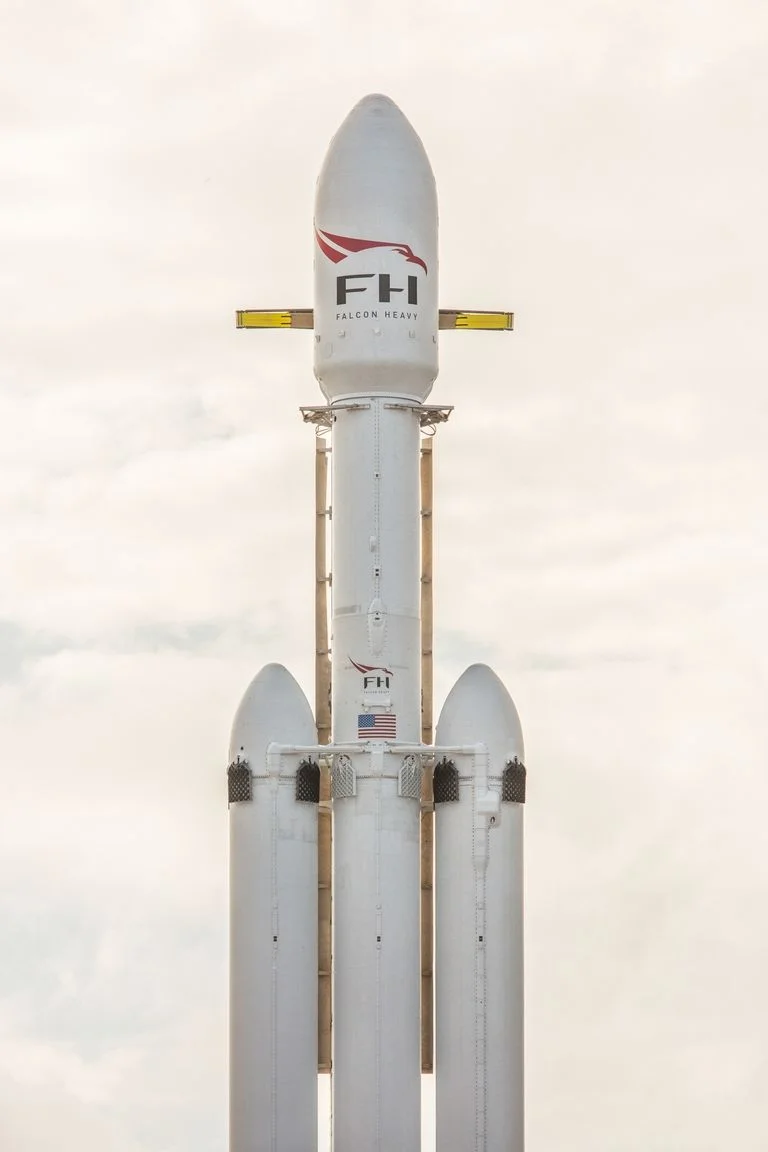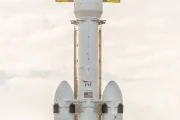Alright, buckle up, folks! Because what SpaceX pulled off this week is more...
2025-11-09 10 spacex launch today
Alright, let's talk about this scrubbed ULA launch. Wednesday night, the Atlas V was supposed to send ViaSat-3 F2 into orbit, but a valve issue put the brakes on [Source: Spaceflight Now]. We're now looking at a potential launch a day later. That's the headline. But what's the real cost here?
Space is expensive. Really expensive. This ViaSat-3 F2 satellite is part of a constellation designed to provide over 1 terabit per second (Tbps) of capacity over the Americas [Source: Spaceflight Now]. Viasat is banking on this to fuel growth in their commercial and defense sectors, especially with their new Viasat Amara and NexusWave platforms. Mark Dankberg, Viasat's CEO, even talked about "dynamic beam forming capabilities" to efficiently deploy bandwidth.
Sounds great. But what happens when a valve hiccups?
ULA says it was "an issue encountered while cycling the booster liquid oxygen tank valve during final checkouts" [Source: Spaceflight Now]. Okay, valves fail. It happens. But let's consider the ripple effect.
First, there's the direct cost. A one-day delay means holding the launch team, keeping the launch facilities operational, and rescheduling all the downstream activities. We're not talking peanuts here. Each launch has a dedicated team of engineers, technicians, and support staff. Their time is billed by the hour. The launch pad itself has operational costs, from power consumption to security.
Then there's the opportunity cost. Viasat is promising 1 Tbps of capacity. Let's assume, conservatively, they can monetize that at $1 per Mbps per month (a very low estimate, given the premium nature of satellite bandwidth). That's $1,000 per second. A one-day delay costs them $86.4 million in potential revenue. (That's 86,400 seconds in a day. Do the math.)
And this is the part of the report that I find genuinely puzzling. I've looked at hundreds of these filings and public statements. Why doesn't anyone ever mention the cost of delay?

But the real kicker is this: ViaSat-3 F2 is supposed to mitigate the antenna issues that plagued ViaSat-3 F1, launched in 2023 [Source: Spaceflight Now]. That first satellite suffered a "reduced capacity" due to antenna problems, delaying the start of service.
So, F2 isn't just about adding capacity; it's about recovering lost capacity. Every day this launch is delayed is a day Viasat is operating at less than full potential. That impacts customer satisfaction, market share, and ultimately, their bottom line.
And let's not forget the competitive landscape. SpaceX is launching Starlink satellites at a breakneck pace—they even launched 29 Starlink V2 Mini satellites on the same night ULA scrubbed their launch [Source: Spaceflight Now]. Blue Origin is gearing up for the second launch of its New Glenn rocket [Source: Launch/scrub recap of SpaceX and ULA doubleheader rocket launch night from Cape]. The satellite internet market is getting crowded, and delays can be fatal.
ULA had until 11:08 p.m. EST on Wednesday to make the liftoff [Source: Spaceflight Now]. They didn't.
What about Boeing's role? The satellite is built on Boeing’s 702MP+ platform [Source: Spaceflight Now]. Boeing is supporting Viasat in both launch operations and post-deployment checkouts. So, does Boeing share in the cost of these delays? Are there contractual penalties? These are the questions that investors should be asking.
The official line is all about "reliability and timely delivery" [Source: Spaceflight Now]. But the reality is that every delay chips away at Viasat's competitive advantage.
So, is this a $1 billion delay? Maybe not directly. But if the antenna issues on F1 are any indication, and if this delay cascades into further setbacks, the cumulative impact on Viasat's revenue, market share, and investor confidence could easily reach that level. This isn't just about a valve. It's about execution, competition, and the unforgiving economics of space.
The valve issue is just the tip of the iceberg. This delay exposes the fragility of the entire satellite internet business model. The market is hot, but the margins are razor-thin, and every setback has exponential consequences. Viasat needs F2 online, and they needed it yesterday.
Tags: spacex launch today
Related Articles

Alright, buckle up, folks! Because what SpaceX pulled off this week is more...
2025-11-09 10 spacex launch today

Alright, let's talk about space launches. Everyone's excited, especially in...
2025-11-07 10 spacex launch today